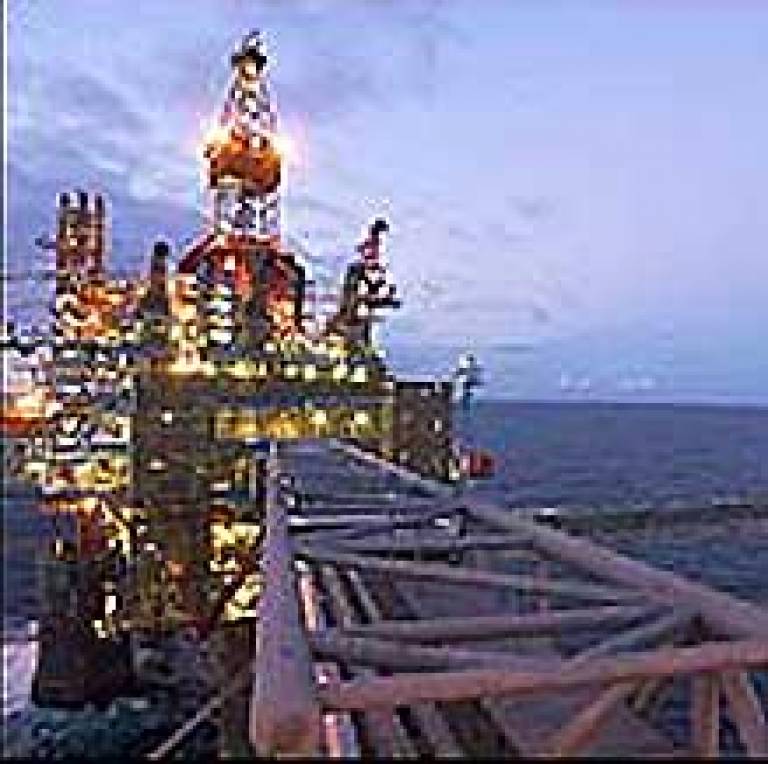Carbon capture and storage law
19 April 2007
The UCL Centre for Law & the Environment has launched a major legal project on carbon capture and storage.

Carbon capture and storage is essentially the extraction of carbon dioxide from power stations and other major industrial sources and depositing it in rock formations deep under the sea or land.
This technique is increasingly seen as a key technology in tackling climate change, but it is a subject that is raising challenging legal and regulatory issues at international, regional and national levels. In April 2007, the UCL Centre for Law & the Environment launches a new project designed to identify and explore key legal questions associated specifically with carbon capture and storage.
Project Director, Professor Richard Macrory (UCL Laws), said: "The core of the project will be the construction of a freely available website. It will provide an accessible and authoritative resource based on legal developments internationally and will be designed to promote informed discussion in industry, government, the legal profession, NGOs and the wider community."
The project, which is planned initially to extend for two years, has been made possible by generous donations from RPS Group plc, RWE npower, Rio Tinto,and Freshfields Bruckhaus Deringer. Both the Department of Environment, Food & Rural Affairs and the Department of Trade and Industry have endorsed the initiative.
The UCL Centre for Law & the Environment was established in 2001 to provide a focal point for the UCL Faculty of Laws' rapidly expanding interests in the field of the environment and law. The main goals of the centre are to advance research and teaching and explore the role of law in meeting contemporary environmental challenges.
To find out more, contact Research Fellow Dr Ian Havercroft, or use the link at the bottom of this article.
Image: A carbon storage plant in the North Sea
 Close
Close

